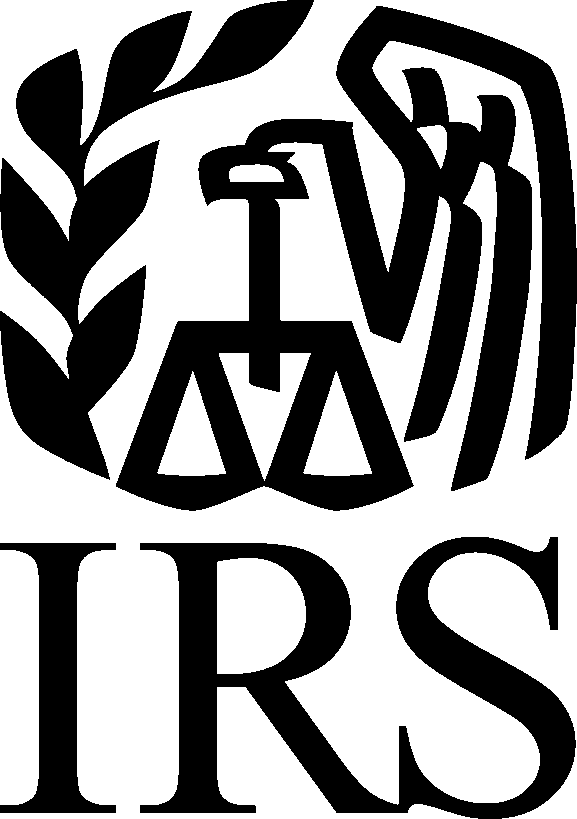
IRS warns of new scam targeting clean energy tax credit
By Staff Report, posted Jul 15, 2024 on BizFayetteville.com

The Internal Revenue Service(IRS) is warning taxpayers not to fall victim to a new emerging scam involving buying clean energy tax credits.
In this latest scam, the IRS is seeing instances where unscrupulous tax return preparers are misrepresenting the rules for claiming clean energy tax credits under the Inflation Reduction Act (IRA).
The transferability provisions of the IRA enable the purchase of eligible federal income tax credits from investments in clean energy to offset a buyer’s tax liability. The IRS has seen taxpayers file returns using unscrupulous return preparers who are claiming purchased clean energy credits that the taxpayer is ultimately unable to benefit from.
The scam is generally targeting individuals who file Form 1040. The preparers file returns that have individuals improperly claiming IRA credits that offset income tax from sources such as wages, Social Security and retirement account withdrawals.
Individuals purchasing tax credits under the IRA are subject to the passive activity rules for any purchased credits. Generally, this means they can only use purchased credits to offset income tax from a passive activity. Most taxpayers do not have passive income and a passive income tax liability. Most investment activities are not considered passive.
“This is another example where scammers are trying to use the complexity of the tax law to entice people into claiming credits they’re not entitled to,” said IRS Commissioner Danny Werfel in a press release. “Taxpayers should be wary of promoters pushing dubious credits like this and others. The IRS is watching out for this scam, and we urge people to use a reputable tax professional before claiming complex credits like clean energy.”
The IRS noted individual taxpayers claiming inappropriate credits risk future compliance action by the IRS and are responsible for repaying the inflated credit, plus interest and possible penalties.
Individual taxpayers considering purchasing clean energy credits under the IRA should consult a trusted tax professional for advice on whether they are eligible to purchase credits and claim the tax benefits. They should also understand how the limitations under the passive activity rules, and other portions of the tax code, may apply to their particular tax situation.
More information about clean energy can be found on the Inflation Reduction Act of 2022 page on IRS.gov here.
The IRS continues to warn taxpayers about other scams it continues to see that are misleading taxpayers into filing inappropriate claims for other tax credits. The IRS has warned taxpayers not to fall for scams centered around the Fuel Tax Credit, the Sick and Family Leave Credit and household employment taxes. Fueled by misleading social media advice and promoters, the IRS has seen thousands of dubious claims come in earlier this year where it appears taxpayers are claiming credits for which they are not eligible, leading to refunds being delayed and the need for taxpayers to show they have legitimate documentation to support these claims.
Copyright © 2026
Enhanced Media Management Inc. dba
Greater Fayetteville Business Journal
This story may be displayed, reformatted and printed for your personal, noncommercial use only and in
accordance with our Terms of Service located at https://bizfayetteville.com/useragreement.